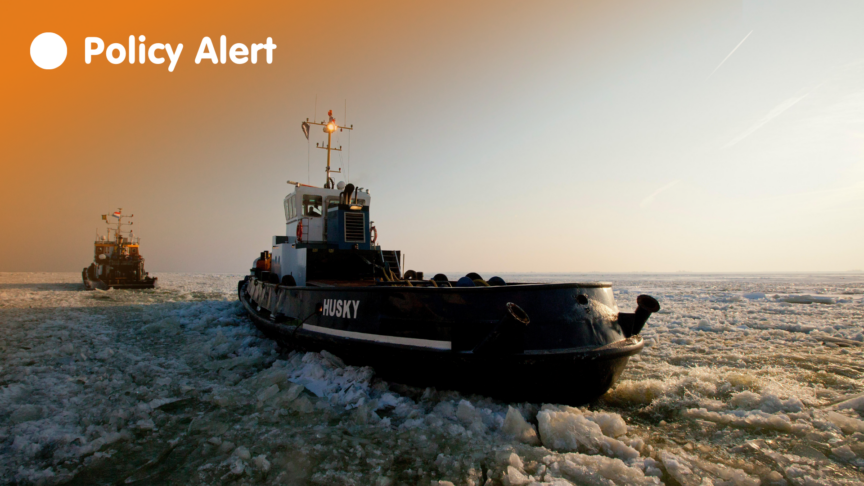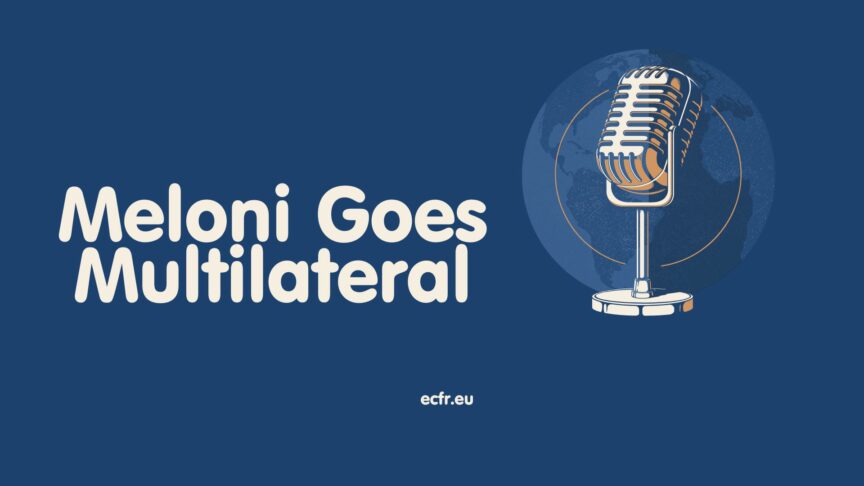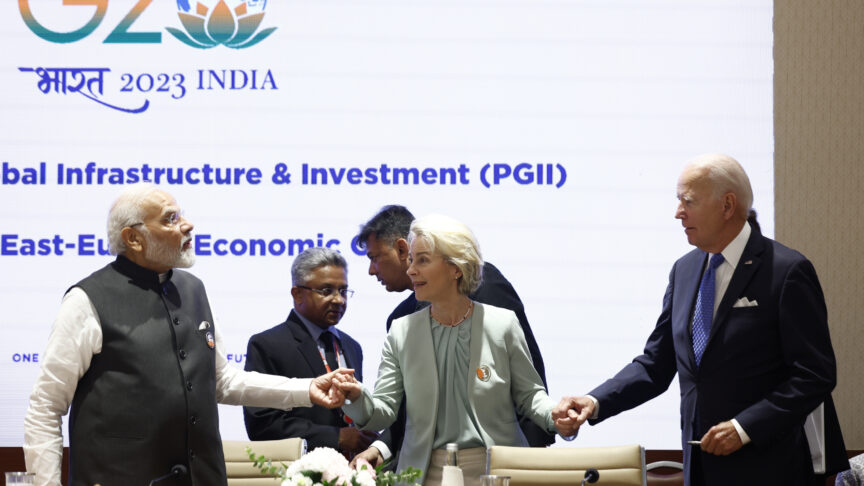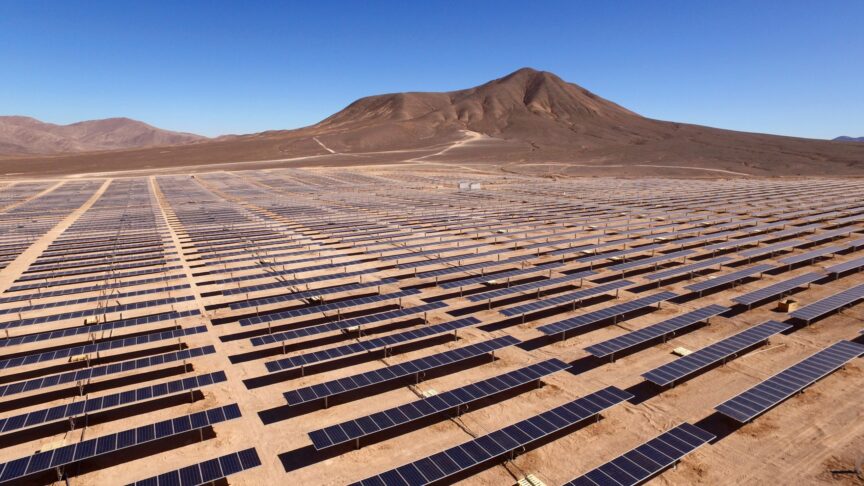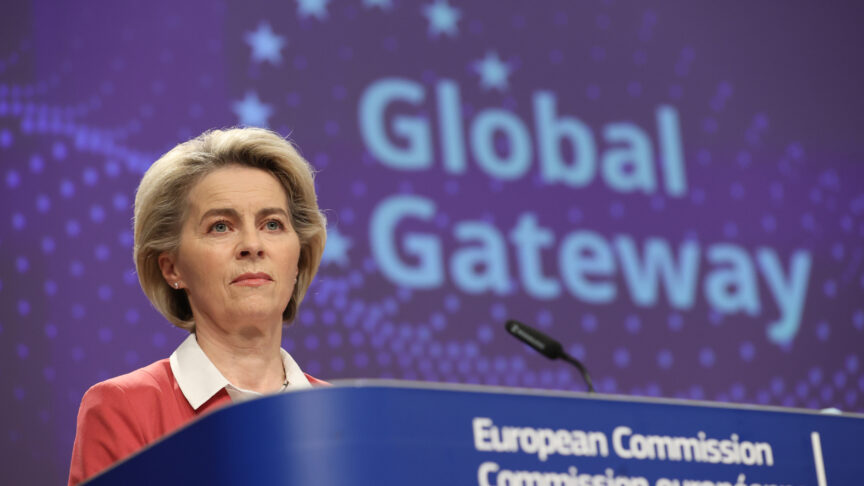Alberto Rizzi is a policy fellow at the European Council on Foreign Relations, based in the Rome office. Previously, he was a pan-European fellow and a visiting fellow with the European Power Programme at ECFR.
Rizzi works mainly in geoeconomics, with his research interests focusing on European economic policies, international trade, and the geopolitics of energy and infrastructure. He also covers the European Union’s economic engagement with developing countries and connectivity initiatives. Before joining ECFR, he was a research assistant at the Italian Institute for International Political Studies’ Centre on Business Scenarios in Milan. He has also worked at the European Army Interoperability Centre, the Italy-China Foundation, and the Italian Embassy in Tallinn.
He holds a BA in international and European studies from the University of Milan and an MA in international politics and regional dynamics from the same institution. He later completed an advanced master’s in EU economic governance at the Institute for European Studies of the Université Libre de Bruxelles. Rizzi is also a frequent commentator on international affairs for several Italian and international media outlets.
